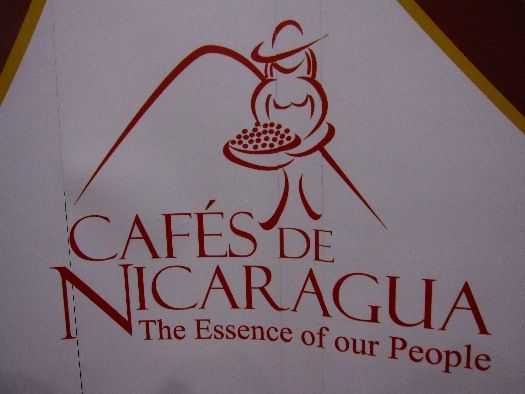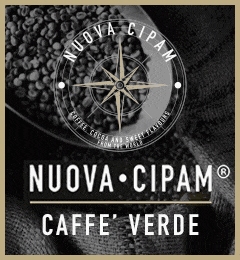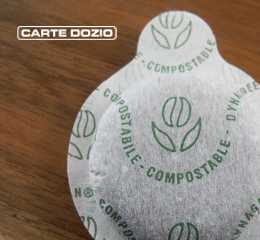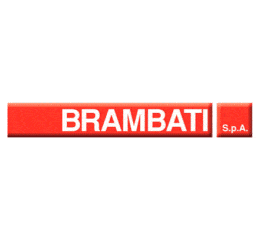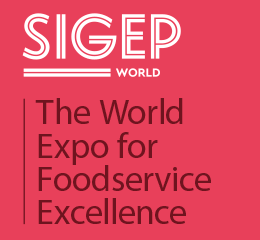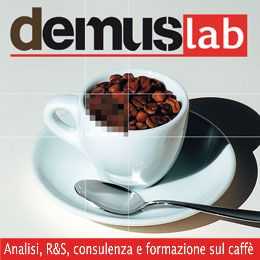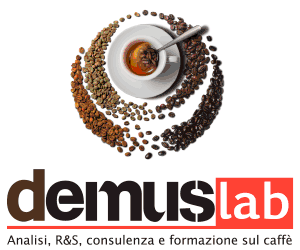Condividi con noi le tue storie legate al caffè scrivendo a direzione@comunicaffe.it.
MILAN – This past September, Dr. Marco Palma and Dr. Mark Welch from Texas A&M AgriLife Extension Service, held a two day workshop for coffee marketing agents from the Pueblos en Accion Comunitaria (Pac) association in Nicaragua.
The workshop was coordinated by Johanna Roman, Regional Director for Latin America at the Borlaug Institute for International Agriculture, and was designed to give participants from PAC an introduction to futures and options markets.
“With the volatility in commodity prices, specifically coffee, we tried to provide an overview of how futures markets can reduce price risk. This is especially important if you are contracting to buy the physical product for later delivery. ” Dr. Welch said.
Both Extension experts agreed, there are two different types of markets: the regular cash market and the futures market where one buys or sells the right of contracts for coffee.
The goal of their training program was to bring a perspective of the global coffee market, in which PAC is becoming more involved. Participants were specifically interested in learning about risk management tools that could allow them to become more organized from one season to the next.
PAC, has been associated with the Borlaug Institute for about a year. The NGO was established in the early 1990’s with a goal of providing agribusiness services to micro and small farmers in Nicaragua.
“Typically, the farmers grow coffee, cacao and tropical tuber crops like cassava and malanga, and some are beginning to grow Asian vegetables. PAC also has a small livestock program and a micro-credit program,” Mr. Kirk Funkhouser, PAC Business Consultant, said.
Over the past decade
PAC has made remarkable improvements to agricultural efficiency in Nicaragua. PAC was able to export 80 containers of coffee last year, due to PAC involvement as a supplier to Starbucks.
There were 12-13 people in the training, all of them part of an association of coffee growers” Dr. Palma said.
“Their initial reaction was that they are very interested in new marketing strategies” Dr. Palma said. At the end of the workshop, the participants wanted copies of the handouts and slides, both in English and Spanish.
Based on their reactions, both Dr. Palma and Dr. Welch felt they were able to effectively communicate information about pricing alternatives and marketing strategies to continue to increase efficiency in marketing Nicaraguan agricultural products.
These strategies were specifically tailored from training programs for cotton, corn, and rice in the United States and adapted to make them relevant to coffee production in Nicaragua.
“I was so impressed by their thirst for information. We take resources for granted here at the university. If we can provide follow up, I would love to go back.” Dr. Welch said.
Roman stated that the relationship between the Borlaug Institute and PAC will be strengthened in the near future. PAC will be offering internship opportunities for Texas A&M University students and another AgriLife Extension specialist will be conducting a new technical assistance program for PAC in a few weeks.



